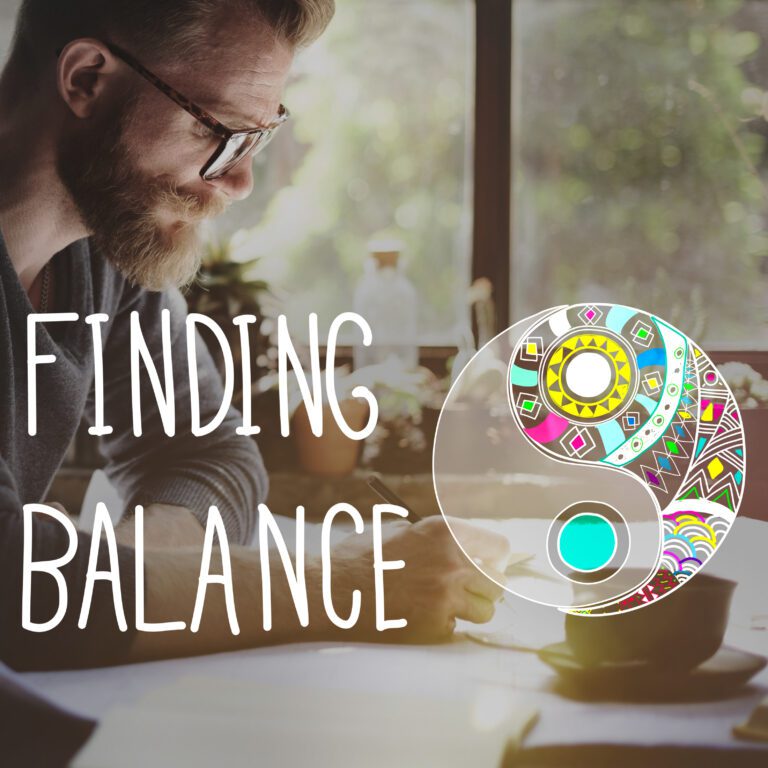Should You Join A Support Group For Bipolar Disorder?
A support group is a great component of an overall treatment plan.
There are support groups for almost every type of illness and malady imaginable. Regarding bipolar disorder, some groups focus only on the illness itself. Other groups are offered for family and friends or are a combination of those living with bipolar disorder, family, and friends meeting altogether.
Throughout the years, I have attended support groups specifically for those living with bipolar disorder. I also tried a group for those dually diagnosed – those living with a mental illness and struggling with addiction.
Not only have I attended support groups, but I have also led some, as well. I ran a support group for those of us living with bipolar disorder and co-ran a few, too. I only have good things to say about them.
If you are looking to join a support group, it is easy to find one in your area. There are national organizations whose primary purpose is to support those living with bipolar disorder. There are two well-known organizations that you may have heard of:
- National Alliance on Mental Illness (NAMI).
- The Depression and Bipolar Support Alliance (DBSA).
2 Types of Support Groups
1) In-Person
If you prefer person-to-person contact, an in-person support group is your best option. I have been both a participant and a group facilitator for a support group that ran out of a brick-and-mortar location.
The fun part about going to an in-person group is the social interaction that you receive. It is also a great opportunity to make some new friends, expand your support network, and feel you are not alone.
The only possible negative I can see with an in-person support group is the time commitment. You make a commitment to attend at a specific time and place. If you want to be a participant, you simply go.
These groups can meet weekly, bi-weekly, or even once a month. When I attended an in-person support group, we met once each week. During my time as a group facilitator, I ran my group every other week.
2) Online
During the COVID-19 Pandemic, pretty much everything that was offered in person had to switch to a remote platform. Support groups were not different.
The time commitment of an online support group differs from that of an in-person support group. You simply need an electronic device with internet access to log in.
Some online support groups have a predetermined time to meet, while others have more flexibility. Another benefit of an online group is that they provide a degree of anonymity if privacy is an issue.
Last Thoughts
If you are looking to join a support group, I suggest checking out both options – in-person and online. You may have some preconceived expectations about how you will respond to either type of group. However, you may feel differently when you try them out.
It may help you decide the reason you want to join one. Do you want to feel less alone? Are you interested in learning particular coping skills, or do you simply just crave more human in-person interaction?
For many, it is difficult just to leave the house. If this is the case, then going to a brick-and-mortar support group may be a good option. I know individuals who had this issue and going to an actual in-person group helped them get over their fear of leaving the house.
Taking part in a support group can provide both a positive and enriching aspect to your overall treatment plan. I suggest you decide which type of group to join and try it out for yourself.







